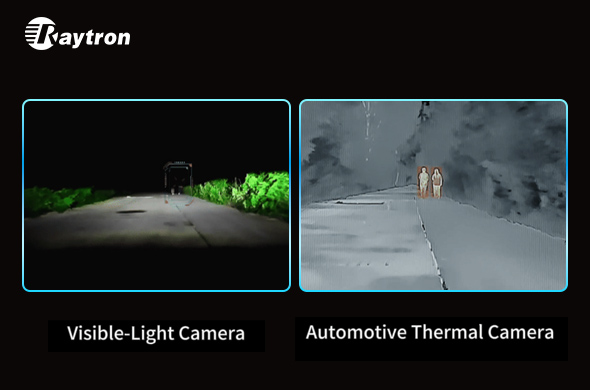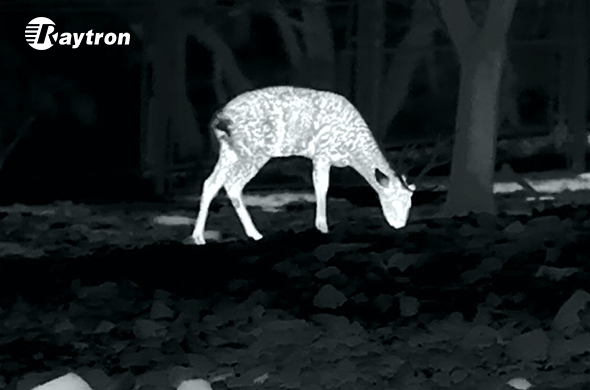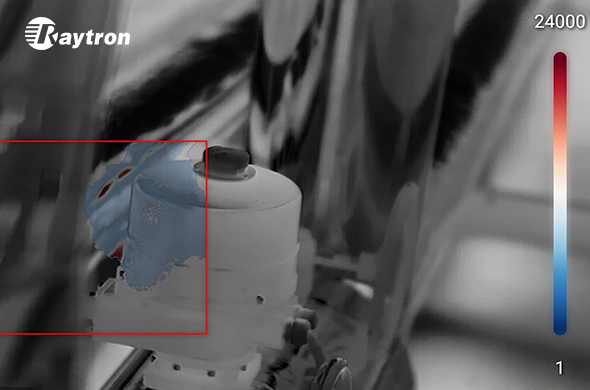Raytron × Geely: How Automotive Thermal Imaging Enhances Nighttime Driving Safety
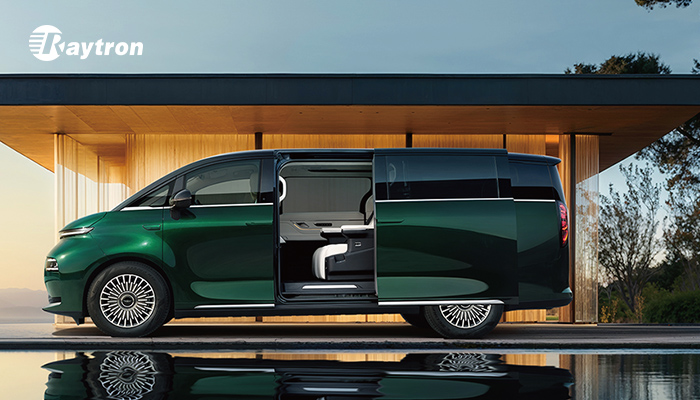
Driving at night and in low-light conditions poses significant dangers on the roads. The National Highway Traffic Safety Administration (NHTSA) reports that the rate of traffic fatalities is three times greater at night compared to daytime. The Geely LEVC L380, an upscale electric multi-purpose vehicle (MPV), addresses this challenge with a comprehensive array of 28 perception sensors.
Central to its predictive safety features is a cutting-edge Infrared Night Vision System (NVS), equipped with a high-performance thermal imaging camera from Raytron. This infrared technology effectively sees through darkness, fog, and glare, allowing for reliable detection of pedestrians and obstacles that conventional cameras might miss.
3 Key Ways Infrared Night Vision Delivers Safety Around the Clock
Raytron’s automotive thermal imaging system acts as a vigilant co-pilot, extending the driver’s perception far beyond the reach of headlights.
lLong-Range Detection: With an effective detection range of up to 300 meters—far exceeding conventional headlights—the automotive thermal system identifies potential hazards on the highway early, providing drivers with crucial extra time to react.
lWide Field of View: With a horizontal coverage of about 10.5 meters, the NVS spans at least three traffic lanes, reducing lateral blind spots and improving safety during lane changes and on curving roads.
lHigh Recognition Accuracy: The thermal camera achieves >95% pedestrian detection and >98% vehicle recognition. Its high-sensitivity infrared module gives it a unique advantage in detecting thermal signatures of living beings.
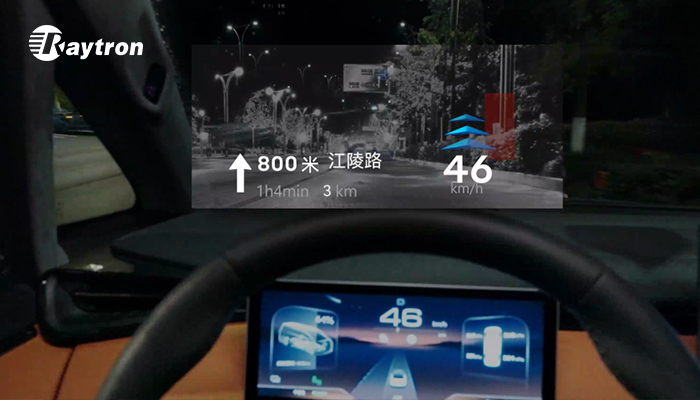
Raytron Forges Solid Partnership with Top Automakers
Raytron’s automotive thermal camera modules are increasingly being utilized by a range of prominent car manufacturers, such as BYD (YangWang U8, Fangchengbao Bao8), Zeely (Zeekr 9X), GWM (Tank 500, Tank 400), and Dayun (Yuanhang Series). This trend is facilitating the transition of thermal imaging technology from high-end vehicles to more accessible models.
At the heart of Raytron’s advancements is the world’s first 8μm 1920×1080 uncooled infrared detector, which utilizes smaller, denser pixels to produce clearer and more detailed thermal images. Additionally, Raytron’s automotive thermal camera features a shutterless algorithm that prevents image disruptions typically caused by mechanical shutters. When paired with the Matrix IV Super-Resolution Algorithm, this technology enhances native 640×512 resolution to nearly 1080p quality, improving target classification precision and ensuring dependable nighttime pedestrian detection.
